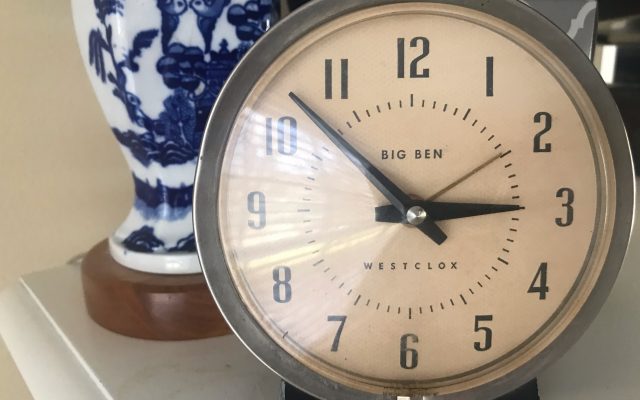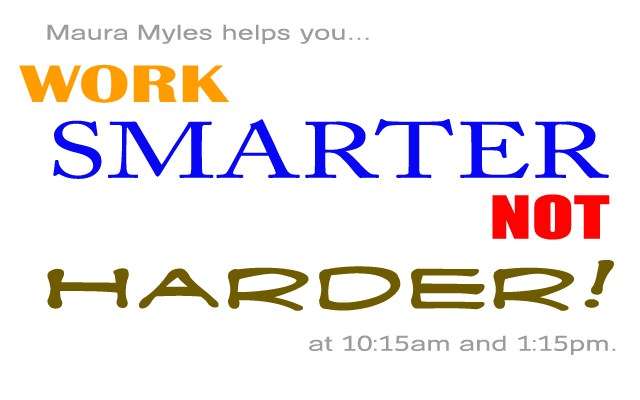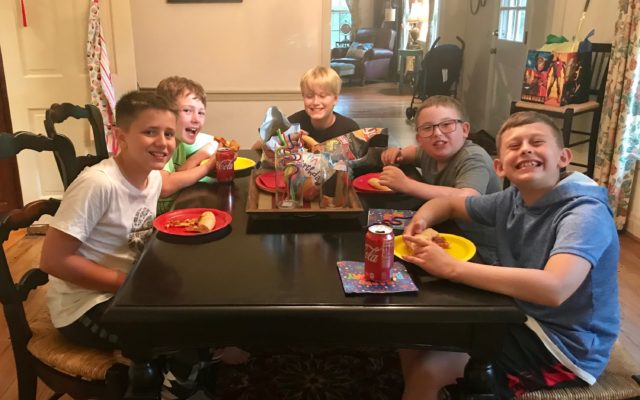LIVE SMARTER NOT HARDER: Daylight Savings Time Is Bad for Us? Here’s What Doctors Say…

Changing the clocks twice a year has a negative impact on our health.
The American Academy of Medicine has called for an end to daylight savings time; because the loss of one hour in the spring magnifies heart health issues, causes an increase in car crashes… And it leads to an uptick in the number of emergency room visits due to both home and workplace accidents.
Plus, the misalignment of humans’ internal clocks increases the risk of obesity, metabolic syndrome, depression and cancer.
Check up on more, here: (UPI)
March 10th, the clocks will once again “spring ahead” for daylight saving time in areas which observe it.
However, researchers with the American Heart Association have learned that, losing an hour of sleep is only the beginning, of the negative impacts associated with daylight saving time.
Many studies have linked the practice of setting the clocks forward to an increase in the incidence of heart disease and stroke.
A 2018 study from the American Scientific Sessions showed that hospital admissions for atrial fibrillation (AFib), the most common type of irregular heartbeat, rise with the daylight saving time transition. The study showed no difference in A-Fib admissions for the days following the end of daylight saving time, when people regain an hour of sleep.
Another study linked the loss of an hour of sleep with a 24 percent increase in daily heart attack counts, while the regaining of an hour of sleep was associated with a 21 percent reduction in heart attacks.
It’s thought these health changes likely have something to do with the disruption of the body’s internal clock.
The experts say you should work on improving your health all year. But there are some specific steps you can take now to prepare for the impact of springing forward: Start getting as much exposure to light each day as possible, start winding down a little earlier in the evenings ahead, don’t compensate with extra caffeine if you’re feeling tired, and don’t nap if you’re feeling tired, as this can make it harder to sleep at night.
Learn more, here: (Yahoo)







